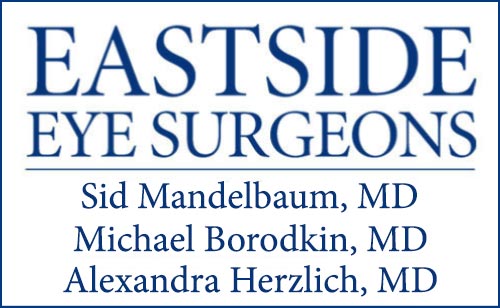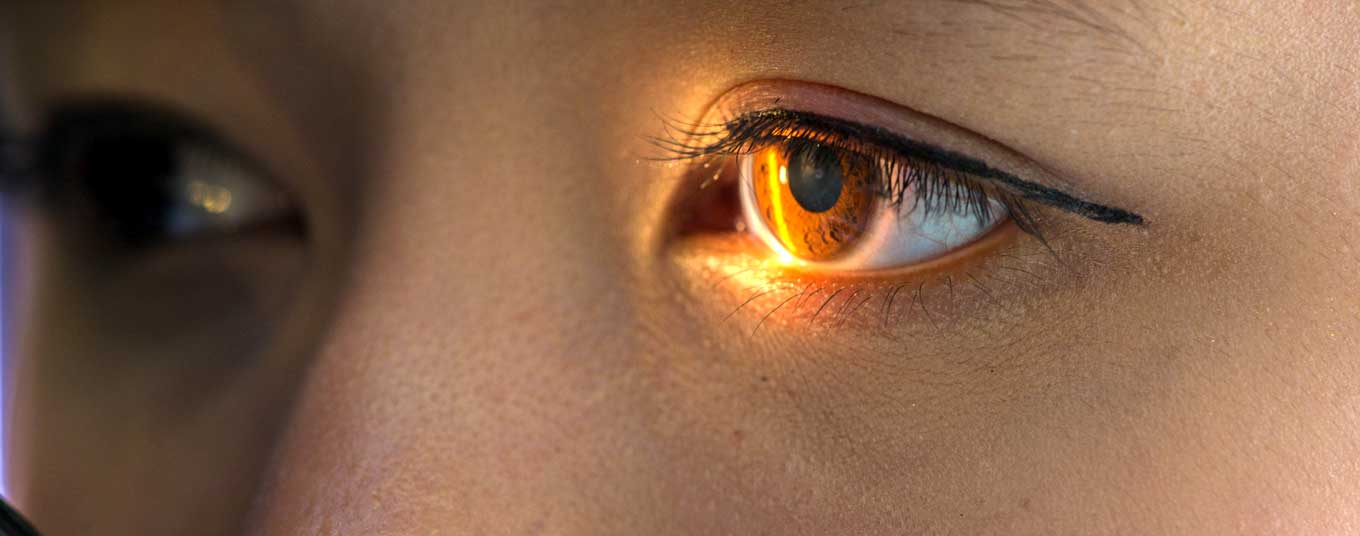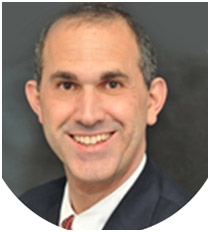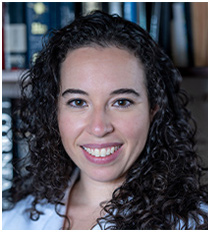Expert LASIK Surgery & PRK Surgery in New York
Did you know? You can have LASIK for nearsightedness, farsightedness, astigmatism and if you wear reading glasses?
Both LASIK and PRK are laser eye surgery procedures to reshape the surface of your eye to correct your vision so that you no longer have to wear contact lenses or glasses.
For you to see clearly, light rays must travel through your cornea and lens. The cornea and lens refract the light so it lands on the retina. The retina turns light into signals that travel to your brain and become images. With refractive errors, the shape of your cornea or lens keeps light from bending properly. When light is not focused on the retina as it should be, your vision is blurry. With LASIK and PRK, we use a laser to change the shape of your cornea. This improves the way light rays are focused on the retina.
To have LASIK or PRK, you need to meet certain requirements. Here are some of them:
- You should be 18 years or older (ideally, over 21 years old, when vision is more likely to have stopped changing).
- Your eye prescription should not have changed in the last year.
- Your refractive error (prescription) must be one that can be treated with LASIK/PRK.
- Your corneas need to be healthy and your overall eye health must be good.
Some people are not candidates for LASIK/PRK. They include people with:
- Unstable (changing) refractive error
- Extreme levels of myopia, hyperopia or astigmatism
- Skin or other disease that can affect healing
- A history of excessive scarring
- Severe dry eye
- Corneas that are too thin
- Cornea abrasions or disease
- Advanced glaucoma
- A cataract affecting vision
- Uncontrolled diabetes
- Pregnant or nursing women
- Keratoconus (cone-shaped cornea)
- Family history of a corneal transplant/corneal disease
At Eastside Eye Surgeons, we perform customized imaging and testing to ensure you have the safest and most precise treatment. Additionally, a very in-depth discussion is held regarding possible treatments. We discuss different options, including distance correction, near correction and monovision. Dr. Mandelbaum was one of the VISX laser FDA investigators in 1990 and brought his expertise to help the excimer laser obtain FDA approval.
Dr. Mandelbaum participated in the PERK (prospective evaluation of radial keratomy) studies evaluating the benefits of refractive correction while at Bascom Palmer Eye Institute.
If you are coming in for a refractive evaluation, you should refrain from wearing your soft contact lenses for one week prior, your soft toric (astigmatism-correcting) soft contact lenses for two weeks prior and your rigid gas-permeable lenses for three weeks prior, or possibly longer. During the evaluation, we will obtain multiple images and measurements of your corneas.
Both LASIK and PRK are performed at a laser center. No systemic anesthesia is required.
LASIK Surgery (Laser-Assisted in situ Keratomileusis)
During LASIK surgery, your eye is first numbed with eyedrops. An eyelid holder is placed on your eye to keep you from blinking. A suction ring is then applied to the eye to raise the eye pressure and keep it from moving. The IntraLase laser is then used to create a paper-thin corneal flap. The flap is then opened like the page of a book to expose tissue just below the corneal surface. Next, the excimer laser is used to remove ultra-thin layers from the cornea to reshape it. The laser will have been preprogrammed with specific measurements for your eye. Finally, the flap is placed back into its original position and the edges are smoothed down. The flap attaches on its own in two to three minutes, where it will heal in place. A see-through shield is placed over the eye, which you sleep with for a few days. The day of the procedure, you should plan to go home and take a nap or relax after the surgery. Your eyes may feel scratchy or like they are burning for a couple of days. Recovery after LASIK surgery typically requires a few day.
PRK Surgery (Photorefractive Keratectomy)
PRK surgery is similar to LASIK but does not require the creation of a corneal flap. Instead, the epithelium (the top layer) is first removed. The laser, which has been preprogrammed with information from your specific measurements, then reshapes the cornea by gently removing the epithelial tissue on the exposed cornea. A drop called mitomycin C is placed onto the cornea for a brief time to prevent postoperative haze (cloudiness). A bandage contact lens is then placed over the eye and is removed in the office at three to seven days once the top layer has healed. PRK has a longer recovery period than LASIK, of up to 30 days. The final postoperative visual outcome is the same for LASIK and PRK.
Patients with higher prescriptions, thinner corneas or abnormalities may not be candidates for LASIK but are candidates for PRK. A thorough evaluation and multiple tests are required to assess whether you qualify for either. Some patients may choose PRK or LASIK for other reasons, such as occupational or other.
For more information about financing laser vision correction, please click below:
Insurance Discounts: Some medical insurance providers may offer special programs that feature discounts on the cost of a LASIK procedure. To find out if your insurance plan includes this benefit and whether Eastside Eye Surgeons is a participating provider, please tell us the name of your insurance company when you set up or come in for your initial consultation.
CareCredit Apply for credit online at www.CareCredit.com or call 800-365-8295 for an immediate credit inquiry (24-hour service).
Employer-Provided Flexible Spending Accounts: More employers are offering flexible spending accounts. If you or your spouse participates in such a program, you may be able to use it to pay for your LASIK. With this benefit, some of our patients have saved as much as $2,000 on their LASIK costs, depending on their income and tax bracket.
Military & Police Officer Discounts: In deference to the men and women who serve our country and/or state, Eastside Eye Surgeons is pleased to offers special discounts on the cost of a LASIK procedure. Please let us know if you are a police officer or a member of the military when you call us or come in for a consultation.
Eastside Eye Surgeons is one of the most celebrated eye care practices in New York. We have built a trusted reputation based on experience, expertise and quality care.
Discover expert laser vision correction by calling 212-650-0400, or use our convenient Request an Appointment form. Our laser eye surgery patients come to us from Scarsdale, Chappaqua and Manhattan, New York, Newark, New Jersey, Greenwich, Connecticut and nearby areas.








